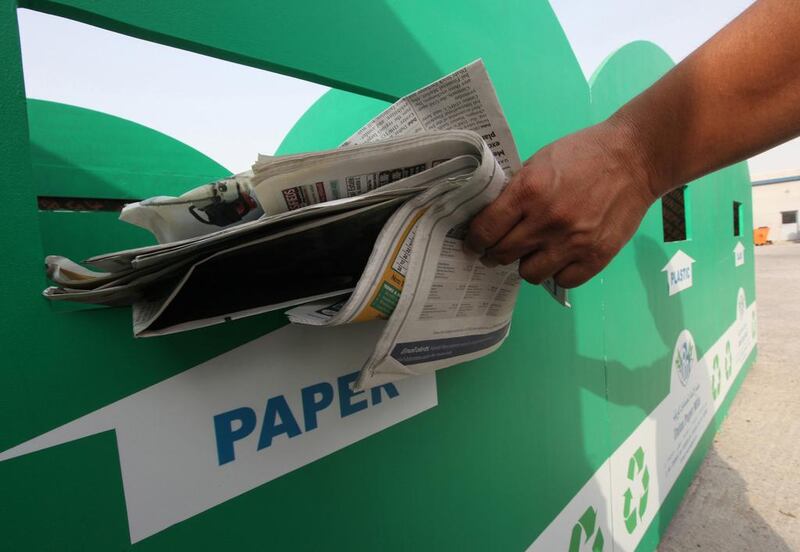Everyone who moves to the UAE finds themselves at some point comparing how things are done here to the way they are at home.
Some things – such as the exceptional levels of tolerance towards other philosophies and faiths, the emphasis on the importance of family and the absence of income tax – are demonstrably better here. Others – like the concept of orderly queuing and using indicators when changing lanes – are little things that have me hankering for the way things were done back home.
Overall this comparison is a good thing. Too many of our attitudes and behaviours tend to be simply because everyone in our country of origin – in my case, New Zealand – has always done things that way, without questioning whether there’s a better approach.
That kind of mindlessness doesn’t survive long amid the 200-plus nationalities represented in the UAE, but since the underlying tenet of the UAE’s famous tolerance is also to be accepting of others’ values rather than seeking to impose my own, I’ve sought to restrict changes to what I do rather than expect anyone else to change what they do.
My sole exception to this policy has been with recycling, where I've always found it jarring to send to the landfill items that at home would have been diverted and reused. This is particularly pertinent with my running club, which meets once a week to share a meal from one of Abu Dhabi's legion of cheap take-away restaurants after slogging around the streets of the capital.
When the meals are curries or a stir-fry, the restaurant usually provides dozens of disposable plates and plastic cutlery destined to be used briefly and then thrown into a bin and sent on to the mammoth landfill in the desert.
This always struck a discordant note with me so about a year ago, when an expat family was selling up, I bought dozens of spoons, forks and knives from them. Then I went to a supermarket and bought about 50 stainless steel bowls and a plastic crate to put them in.
The next time we had a meal that required plates and cutlery, I brought the crate and suggested we use the bowls instead of taking the restaurant’s disposable eatware.
It’s fair to say this met with some resistance, even from people who hail from countries with a long history of recycling.
“But they give us the plates for free,” one response came from a longterm English expatriate who works in a senior role in a government department.
“It’s not free,” I responded. “They just factor the cost of providing plates into the price of the meal. If people didn’t expect free plates, they could offer food at a lower price. And they’re only factoring in the cost in dirhams of buying disposable plates, not the environmental cost of using it once and then sending it to a landfill.”
One year on, the battle continues. An Indian restaurant catered last week’s post-run meal and the staff had to be told in unambiguous terms not to provide disposable plates or cutlery. After a few rounds of “But Maamsir, they’re free!”, it seemed like the point had been made. But after they laid out the food and headed on their way, there on the bench was a pile of disposable plates and cutlery, albeit in smaller quantities than would have occurred a year ago. I guess that’s progress, even if the pace seems glacial.
Realistically, is one – apparently deluded – expat turning down the “free” plates going to change the restaurant’s pricing policy? Probably not.
Is diverting 500 or so disposable plates that would have been thrown away each year going to make any discernible difference to the quantity of rubbish sent the landfill? Inevitably not.
But one of the things expats tend to forget when they land here is that all movements – be it a recycling ethos or anything else – have to evolve rather than be imposed.
It was not that long ago back home that the reduce-reuse-recycle ethos was something for lentil-eating hippies who spun their own clothes. It took time for the rest of the population to come on board, even if now the pre-recycling era seems anachronistic.
For my running club in 2015, I’m now the equivalent of the lentil-eating hippie. In time, maybe the idea will catch on and I won’t have to battle the restaurants of Abu Dhabi who insist on giving me “free” plates.
JHenzell@thenational.ae





